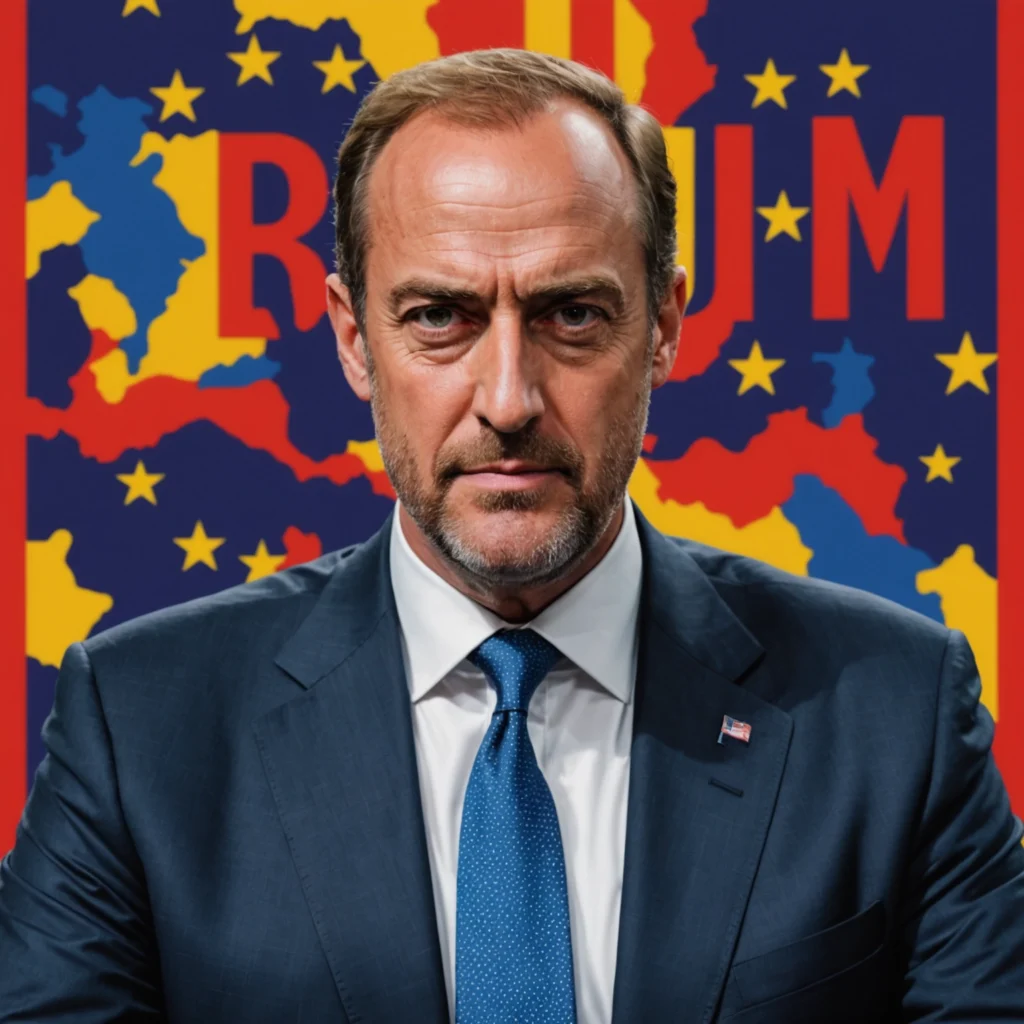
Introduction and Background
In a striking interview with the Financial Times, Italy’s Prime Minister Giorgia Meloni declared that she would not submit to a simplistic binary between Trump’s populism and Europe’s collective values. Moreover, she stressed that Italy must pursue an independent, balanced foreign policy. Furthermore, she proclaimed that a “childish” choice does not serve the interests of Italy or its allies. Consequently, she emphasized respect for the United States as her “first ally” in the White House while simultaneously working to prevent any deepening of a transatlantic rift. Additionally, Meloni affirmed that she intends to consolidate Italy’s diplomatic initiatives within a framework that reflects both sovereign priorities and shared values.
Interview Highlights and Diplomatic Direction
Interestingly, during the interview Meloni detailed that she would avoid choosing extremes. Rather, she insists on recognizing the multifaceted nature of international politics and the necessity for nuanced policy-making. Indeed, she highlighted several key aspects:
• The importance of maintaining strong ties with the United States in light of shared strategic objectives.
• The need to promote and protect European values amidst rapid global shifts.
• The critical requirement to engage in proactive dialogue with other Western democracies.
Notably, she continued by stating that Italy’s actions would reflect a commitment to both respect history and anticipate future changes. Therefore, she cast aside simplistic comparisons in favor of a more layered approach that involves flexibility and mutual respect.
Policy Analysis, Strategic Lists, and Comparative Insights
Prime Minister Meloni introduced several actionable ideas during the discussion. For instance, she listed steps that her government would implement to strengthen ties while mitigating division:
1. Strengthening diplomatic engagement with the White House.
2. Promoting European integration by reinforcing collective security and economic cooperation.
3. Addressing global challenges, such as climate change and technological disruption, within an inclusive framework.
Moreover, she provided an assessment that compared transatlantic policy priorities in a concise table, which reads as follows:
| Aspect | US Approach | European Perspective |
|---|---|---|
| Economic Policy | Competitive market-driven policies | Social welfare and regulatory oversight |
| Security Cooperation | Robust military alliances and defense spending | Emphasis on collaborative security frameworks |
| Diplomatic Engagement | Direct bilateral negotiations | Multilateral institutions and consensus-building |
Thus, her articulation displayed a clear vision that neither overlooked strategic alliances nor dismissed the necessity to adapt to changing global dynamics. In addition, she argued that a deliberate course of action would reinforce Italy’s role on the international stage while preserving its sovereignty.
Implications, Challenges, and Future Outlook
Subsequently, the interview generated numerous discussions among political analysts who acknowledged that Meloni’s position breaks from conventional dichotomies. Furthermore, experts remarked that her stance could effectively diminish tensions between Western partners. Interestingly, the following challenges emerge from her approach:
• The difficulty in balancing sometimes conflicting expectations from longtime allies.
• The potential for misinterpretation from political factions that favor overt ideological alignment.
• The pressure to address both internal and external criticisms while advancing reform agendas.
Additionally, she will prioritize dialogue through bilateral and multilateral channels, encouraging cooperation on issues ranging from cybersecurity to economic policy reform. Consequently, she stressed that proactive engagement and transparent communication serve as fundamental pillars in securing a resilient future for Italy and its partners.
Moreover, Meloni’s rhetoric stimulates debate as she continuously urges political leaders to reject menial choices in favor of sophisticated diplomacy. In contrast, she denounced populist narratives when they undermine strategic partnerships. Hence, she utilizes transitional policies that bridge the gap between traditional alliances and emerging geopolitical realities. Additionally, she motivates political stakeholders by outlining clear objectives that accommodate both national interests and global responsibilities.
Overall, the Prime Minister’s narrative resonates with those who advocate for pragmatic foreign policy. Accordingly, her interview underscores that Italy aims to initiate positive developments by leveraging historical ties with the United States while supporting cohesive European strategies. Not only does Meloni address present-day exigencies, but she also anticipates future shifts by emphasizing the need for constant recalibration of policies. Subsequently, her leadership consequently inspires renewed transatlantic collaborations as it projects an inclusive model where diplomacy triumphs over divisiveness.
Furthermore, the discussion unfolds with ample references to evolving economic trends and security challenges. As a result, Italy’s policymakers now explore methods that incorporate innovation into diplomacy. For example, in several workshops and meetings, the government will discuss initiatives such as:
• Enhanced digital infrastructure cooperation.
• Coordination on climate action policies.
• Joint participation in international research projects.
By employing such measures, Italy demonstrates its commitment to reinforcing alliances while recognizing the distinct priorities that both Europe and the United States represent. In addition, these initiatives reassure international partners that Italy stands ready to lead and collaborate.
Finally, one cannot ignore that Meloni’s forthright rejection of simplistic choices contributes significantly to framing a new era in transatlantic discourse. Moreover, her multifaceted approach spreads optimism over future reforms and clearer international alignments. Eventually, she projects a vision wherein diplomacy, dialogue, and shared responsibility dominate public policy. Consequently, Italy and its partners appear better equipped to tackle evolving global challenges. Clearly, the Prime Minister’s stance holds promise to mend old fractures and build new bridges, ultimately enriching transatlantic dialogue with fresh perspectives, innovative policies, and a steadfast commitment to mutual respect.



